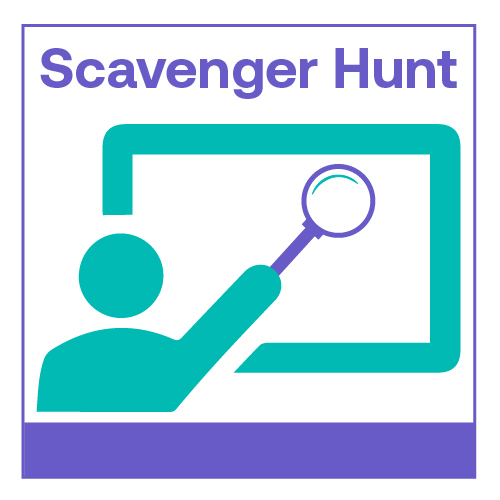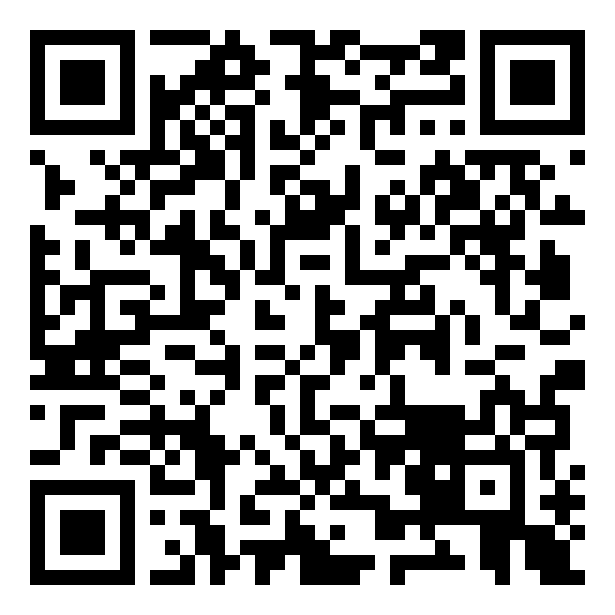
Automation Technologies
Automated library synthesis and screening as a new tool for accelerating preclinical profiling
- FE
Fredrik Edfeldt, PhD
Director, Mechanistic Biology & Profiling
AstraZeneca R&D Gothenburg
Molndal, Vastra Gotaland, Sweden
Primary Author - October Poster(s)
We asked the provocative question whether traditional approaches for optimization of compounds is always the most efficient - or whether there are more effective methods that can be applied early in projects or at stages where it is important to explore a larger chemical space.
Rapid exploration of chemical series through the automated synthesis and integrated purpose-built testing of large compound libraries has the potential to significantly reduce costs and cut times to delivery of candidate drugs. Building on an established automated chemistry platform (Kossenjans, SLAS2020), here we present on the application of this platform for rapid library profiling based on off-rate screening. Removal of the normal sample submission and subsequent plating process reduces times to test from weeks to days.
We have developed an efficient process comprising of: library design, high throughput plate-based nano-scale synthesis, off-rate testing of crude reaction mixtures, re-synthesis and purification, and finally testing and validation of purified actives. A key part of the improved process is to skip lengthy purification and instead use crude reaction mixtures, which is feasible since off-rate measurements are concentration independent. We focus on surface plasmon resonance measurements as the sensitivity allows testing with low reaction yields. We also present and discuss some of the pitfalls with the approach, such as cases with poor correlation between off-rate and affinity/activity and when chemical reagents interfere with measurements. Presented case studies across the AstraZeneca drug discovery portfolio include rapid exploration of tool compounds, evaluation of HTS, DEL & FBLG hits, selectivity profiling, and improvement of physico-chemical properties in lead optimization.
 View Leader Board
View Leader Board
SLAS Events

1st Prize - Comp Reg + Hotel/Airfare to SLAS2023 in San Diego
2nd Prize - $50 Starbucks Gift Card
3Rd Prize - $25 AMEX Gift Card
Keep an eye on the leader boards to see who’s at the TOP. Winners will be announced after SLAS2022.
Each participating poster in the exhibit hall will have a QR code next to it. For virtual participants, look for the scavenger hunt icon for participating posters.
